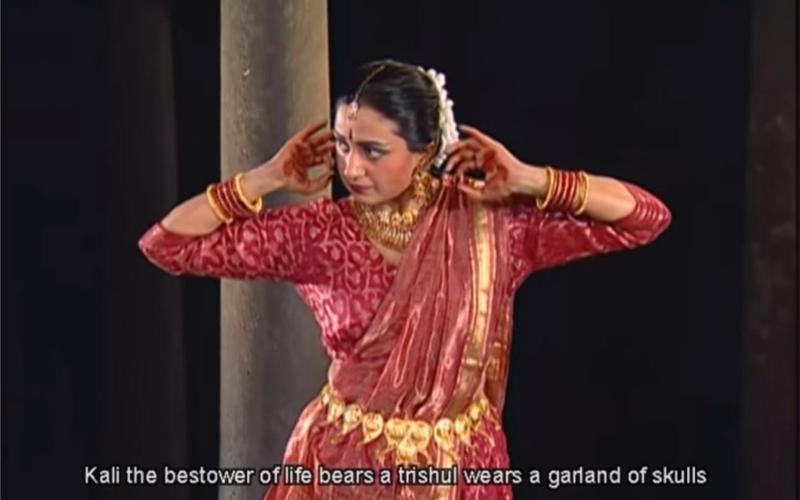Om Jayanti Mangala Kali Bhadrakali Kapalini Mantra: A Deep Dive into Its Meaning and Significance
The Om Jayanti Mangala Kali Bhadrakali Kapalini mantra is a powerful and ancient Hindu mantra that holds immense significance in the lives of many. This mantra is a combination of four different mantras dedicated to the goddesses Kali, Bhadrakali, and Kapalini. In this article, we will explore the meaning and significance of each mantra, their individual powers, and how they come together to create a powerful and transformative experience for the practitioner.
Om Jayanti
Om Jayanti is the first part of the mantra and is dedicated to the goddess Kali. The word “Om” is a sacred sound that represents the universe and its infinite possibilities. “Jayanti” means victory or celebration. This part of the mantra is believed to invoke the divine energy of Kali, who is the embodiment of power, strength, and victory. It is often chanted to seek protection, overcome obstacles, and achieve success in all endeavors.

Mangala
Mangala is the second part of the mantra and is dedicated to the goddess Bhadrakali. “Mangala” means auspiciousness or prosperity. This mantra is believed to bring good fortune, happiness, and success in life. It is often chanted during important events, such as weddings, to ensure that the event is filled with joy and prosperity. The energy of Bhadrakali is invoked to protect the practitioner from negative energies and to bring positive and auspicious outcomes in life.
Kali
The third part of the mantra is simply “Kali,” which is the name of the goddess herself. Kali is the mother goddess who is feared and revered by many. She is the embodiment of fear, power, and destruction, but she is also the protector of the universe. This part of the mantra is believed to invoke the fierce and powerful energy of Kali, who can overcome any obstacle and protect the practitioner from evil forces.
Bhadrakali
Bhadrakali is the fourth and final part of the mantra. Bhadrakali is another name for the goddess Kali, and this part of the mantra is believed to invoke her auspicious and benevolent energy. It is often chanted to seek her blessings and protection. The energy of Bhadrakali is believed to bring peace, prosperity, and happiness to the practitioner’s life.
Kapalini
Kapalini is the last part of the mantra and is dedicated to the goddess Kapalini. Kapalini is the goddess of the skull, and she is believed to be the embodiment of the power of transformation. This part of the mantra is believed to invoke her energy to help the practitioner overcome their fears, doubts, and limitations. It is often chanted to seek spiritual growth and enlightenment.

When these four mantras are combined, they create a powerful and transformative experience for the practitioner. The Om Jayanti Mangala Kali Bhadrakali Kapalini mantra is believed to bring together the power of victory, auspiciousness, protection, and transformation. It is a powerful tool for those seeking to overcome obstacles, achieve success, and grow spiritually.
Here is a table summarizing the meaning and significance of each part of the mantra:
| Part of the Mantra | Meaning | Significance |
|---|---|---|
| Om Jayanti | Victory | Invoke the divine energy of Kali for protection and success |
| Mangala | Auspiciousness | Brings good fortune, happiness, and success |
| Kali | Kali | Invoke the fierce and powerful energy of Kali for protection |
| Bhadrakali | Bhadrakali | Invoke the auspicious and benevolent energy of Bhadrakali for protection and prosperity |
| Kapalini | Kapalini | Invoke the power of transformation for spiritual growth and enlightenment |



